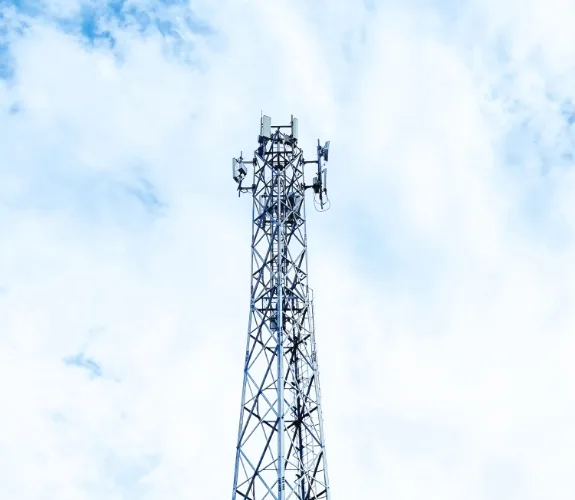New Delhi, June 22: The Central government is set to assume control over telecommunications services and networks during emergencies with the implementation of the Telecommunications Act 2023, effective from June 26.
The government partially notified the Telecommunications Act on Friday, with sections 1, 2, 10, and 30 scheduled to take effect.
“The Central government hereby appoints the 26th day of June 2024, as the date on which the provisions of sections 1, 2, 10 to 30, 42 to 44, 46, 47, 50 to 58, 61 and 62 of the said Act shall come into force,” the Gazette notification stated.
According to the notification, the government can assume control of telecom services citing reasons of security, public order, or crime prevention.
Section 20, effective from June 26, states, “In the event of any public emergency, including disaster management, or for public safety reasons, the Central Government or a State Government or an officer authorized by them can temporarily take possession of any telecommunication service or network from an authorized entity. They can also establish mechanisms to prioritize messages from users or user groups authorized for response and recovery during emergencies.”
Under the act, telecom operators must obtain government authorization to establish or operate networks, provide services, or possess ratio equipment.
Upon implementation, the Universal Service Obligation Fund will transition to Digital Bharat Nidhi. This fund will support not only rural telecom services but also research, development, and pilot projects.
However, sections related to spectrum allocation and adjudication mechanisms will be notified separately at a later date.
The Telecommunications Act 2023 will replace existing regulations under the Indian Telegraph Act, 1885, and the Wireless Telegraphy Act (1933).

